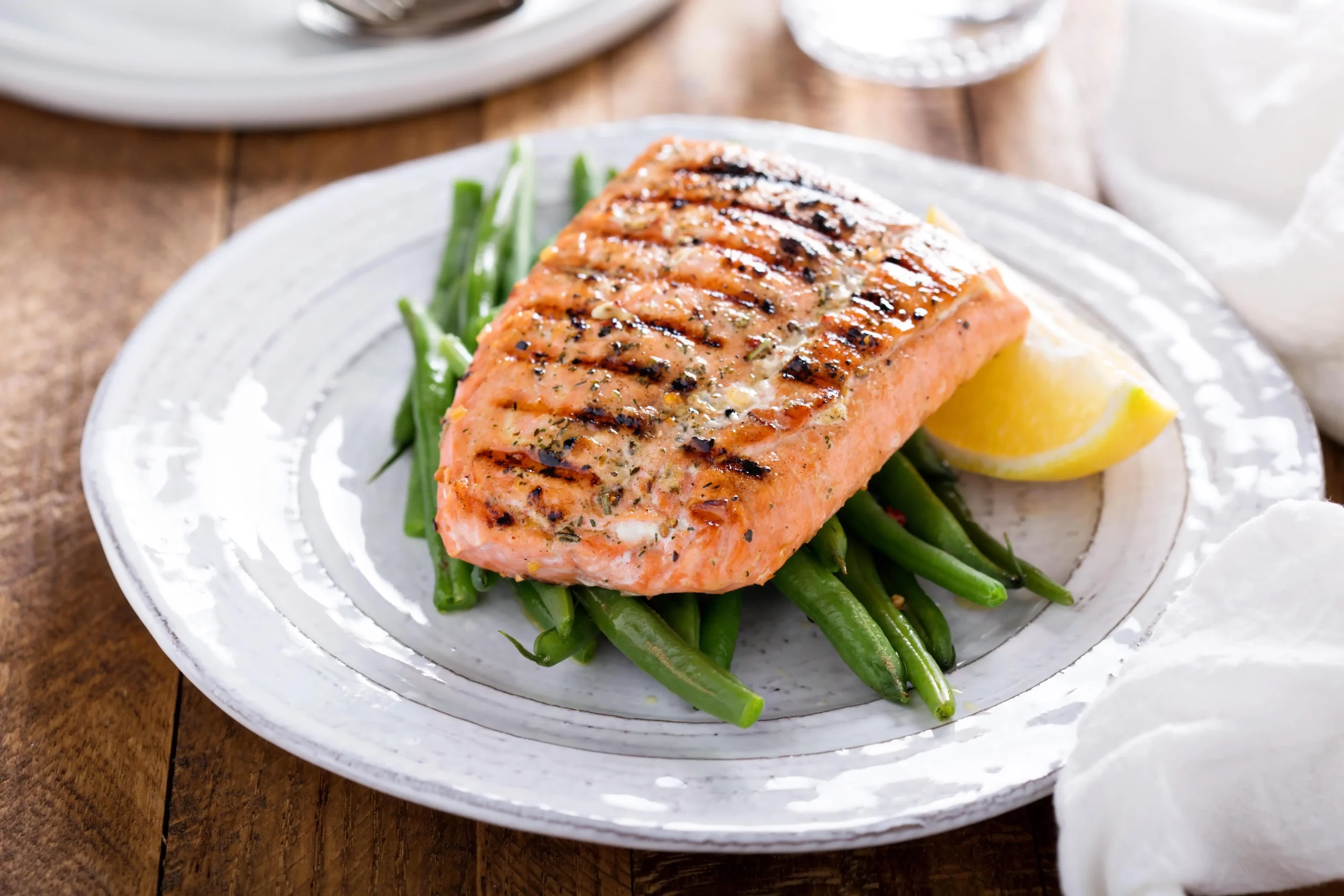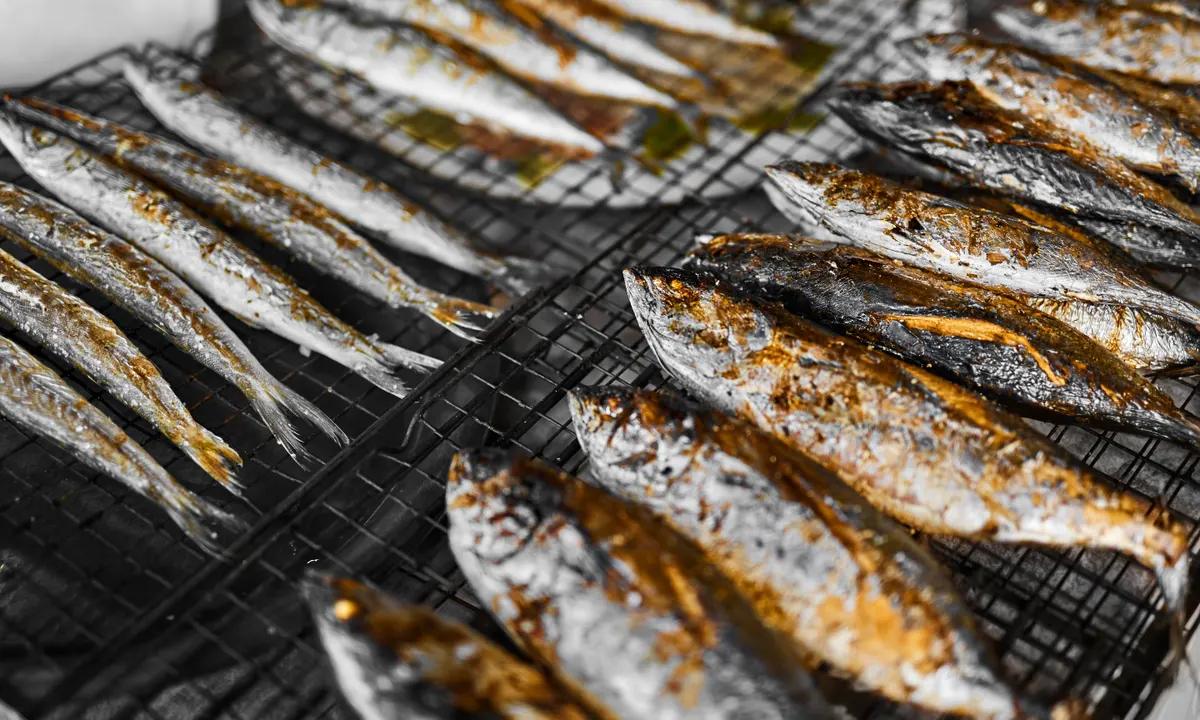Many people enjoy the distinct flavor and texture of smoked salmon. It is often considered a delicacy and is a popular choice for appetizers and brunch dishes. However, there is some confusion about whether smoked salmon counts as an oily fish and if it retains its heart-healthy omega-3 fatty acids after the smoking process. In this article, we will explore this question and provide you with the answers you are looking for.
The Smoking Process and Omega-3 Fatty Acids
There are concerns that the smoking process may destroy the heart-healthy omega-3 fatty acids found in salmon and other fish. However, research suggests that this is not the case. According to Dr. Marit Espe, a senior scientist with Norway's National Institute of Nutrition and Seafood Research, the smoking process does not change the composition of omega-3 fatty acids in salmon. This finding is supported by a nutrition analysis commissioned by Acme Smoked Fish Corporation, which showed comparable levels of omega-3s in their smoked salmon compared to fresh salmon.
So, if you enjoy the smoky flavor of smoked salmon, you can rest assured that you are still getting the benefits of omega-3 fatty acids. However, it is important to note that the smoking process often involves adding salt, which can increase the sodium content of the fish.
The Sodium Content of Smoked Salmon
One thing to consider when consuming smoked salmon is its high sodium content. An ounce of smoked salmon can contain 222 milligrams of sodium, while lox, another type of smoked salmon, can have as much as 567 milligrams per ounce. In comparison, a full 3-ounce serving of fresh, baked salmon contains only 51 milligrams of sodium.
Excessive sodium intake can have negative effects on blood pressure and cardiovascular health. Therefore, it is important to consume smoked salmon in moderation and be mindful of your overall sodium intake from other sources in your diet.

Other Oily Fish Options
If you are looking to increase your intake of omega-3 fatty acids, there are other oily fish options to consider. Oily fish are rich in omega-3s and can offer numerous health benefits. Some examples of oily fish include:

- Salmon
- Mackerel
- Sardines
- Trout
- Herring
- Anchovies
These fish are not only delicious but also provide a good source of omega-3 fatty acids, which are essential for heart and brain health.
Is smoked salmon a good source of omega-3 fatty acids?
Yes, smoked salmon retains its omega-3 fatty acids during the smoking process. However, it is important to consider the sodium content and consume it in moderation.
Which other fish are considered oily fish?
Other examples of oily fish include mackerel, sardines, trout, herring, and anchovies. These fish are also rich in omega-3 fatty acids.
How much smoked salmon can I consume in a day?
It is recommended to consume smoked salmon in moderation due to its high sodium content. Aim for no more than 2-3 servings per week and balance it with other sources of omega-3 fatty acids.
In Summary
Smoked salmon does count as an oily fish and retains its heart-healthy omega-3 fatty acids during the smoking process. However, it is important to be mindful of the sodium content and consume it in moderation. If you are looking to increase your omega-3 intake, there are other oily fish options to consider. Enjoy the delicious flavors of smoked salmon, but remember to prioritize a balanced and varied diet for optimal health.
If you want to know other articles similar to Is smoked salmon an oily fish? exploring omega-3 retention you can visit the Oily fish category.


Related Articles